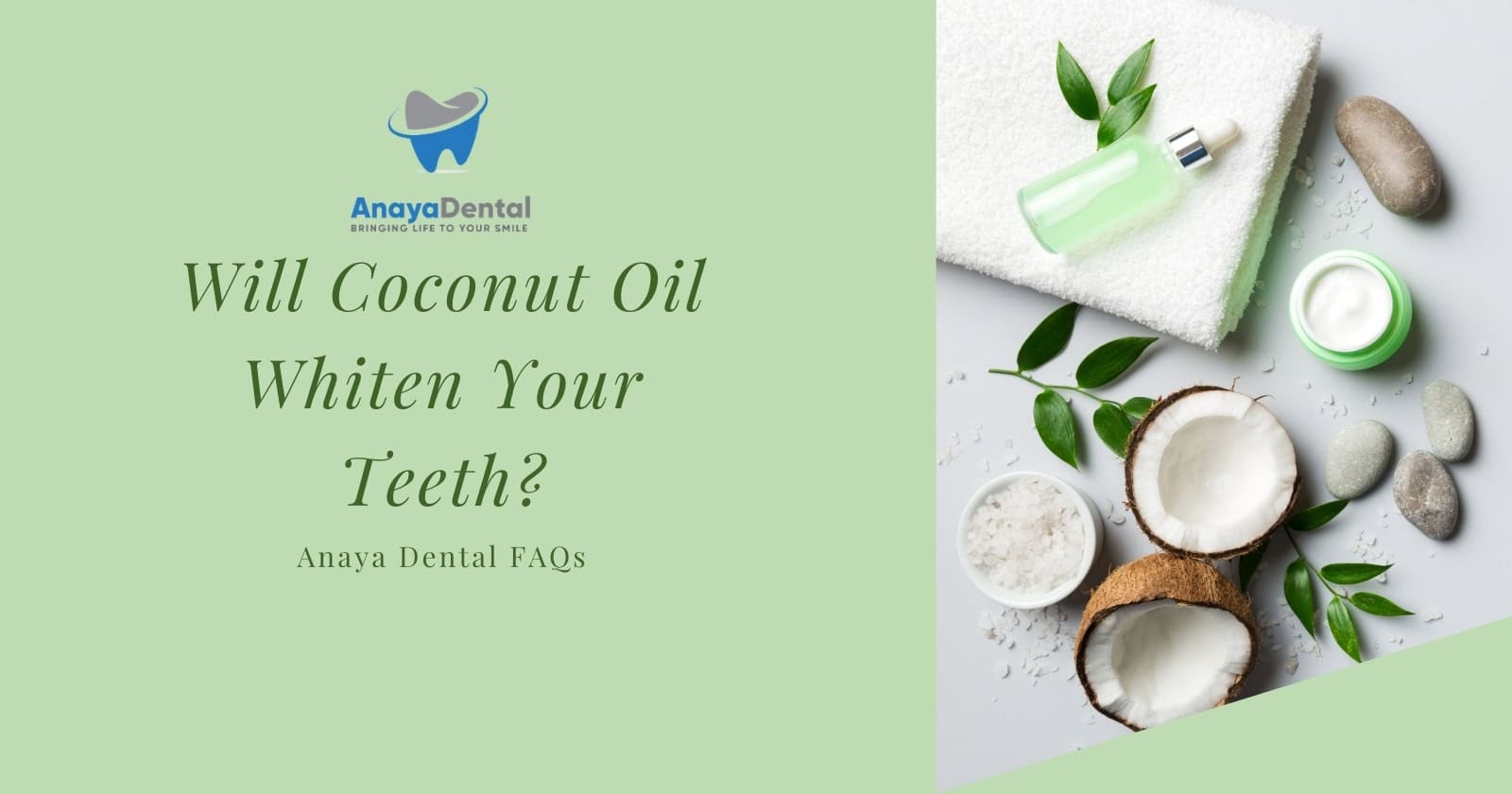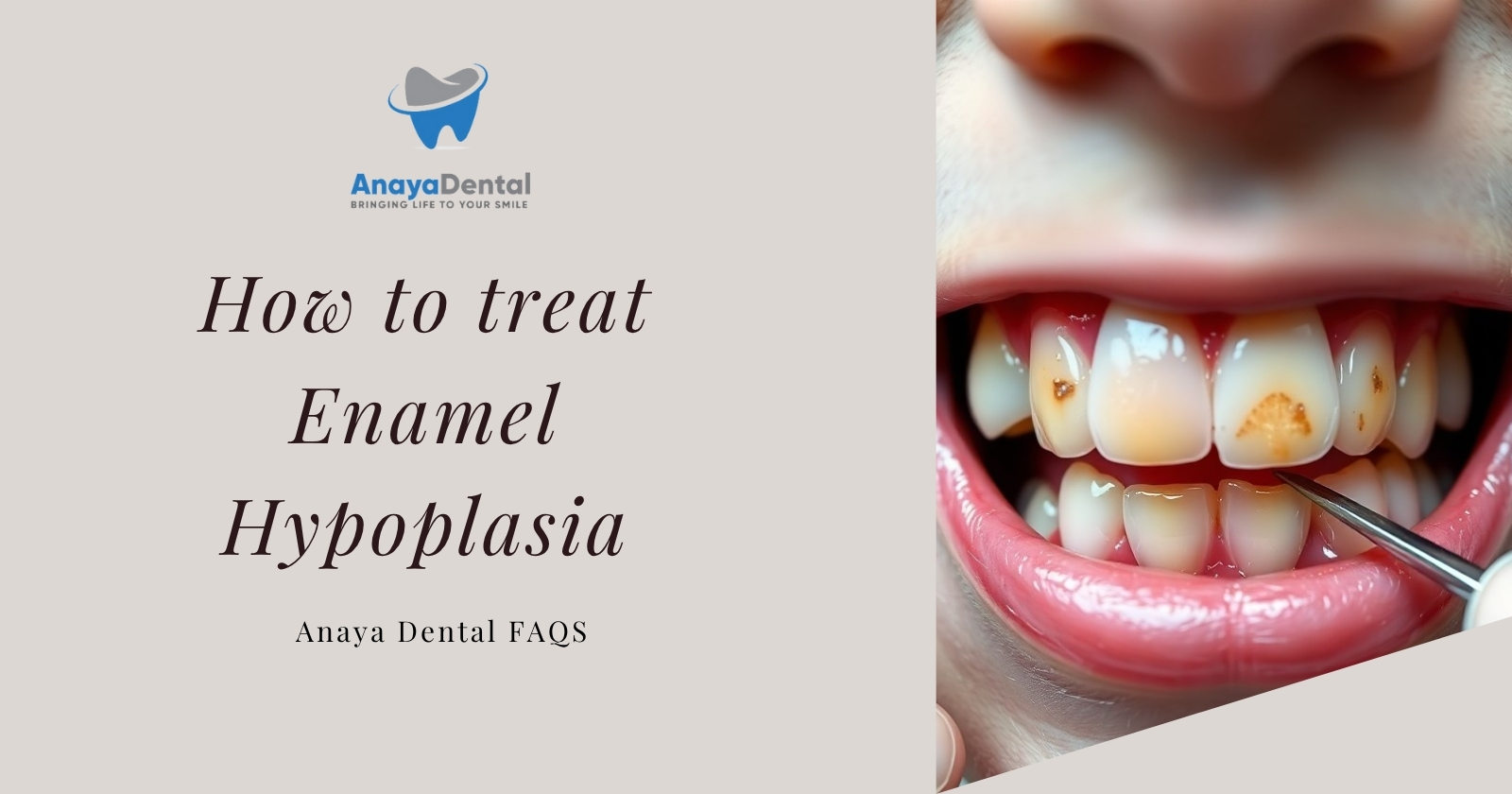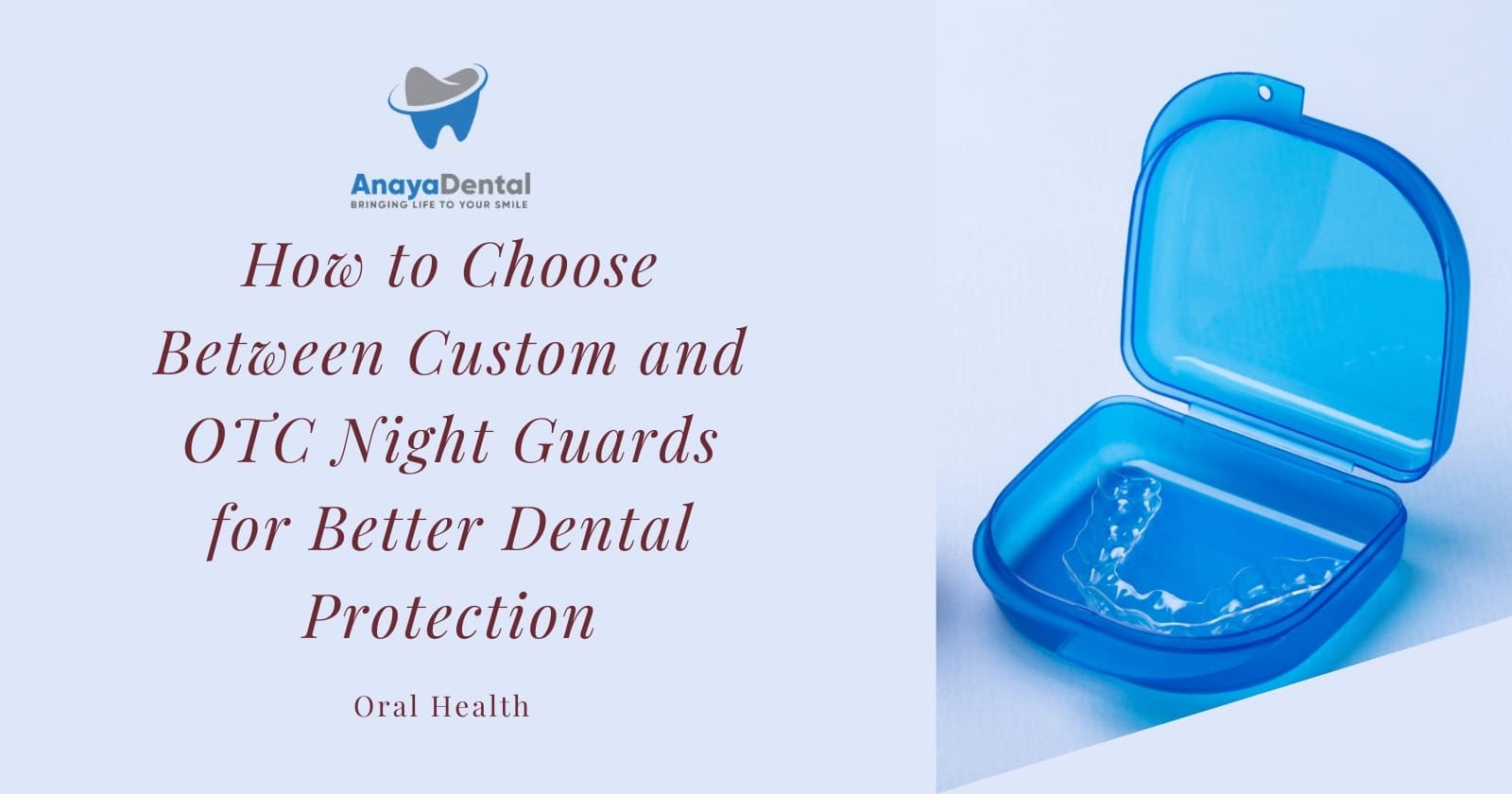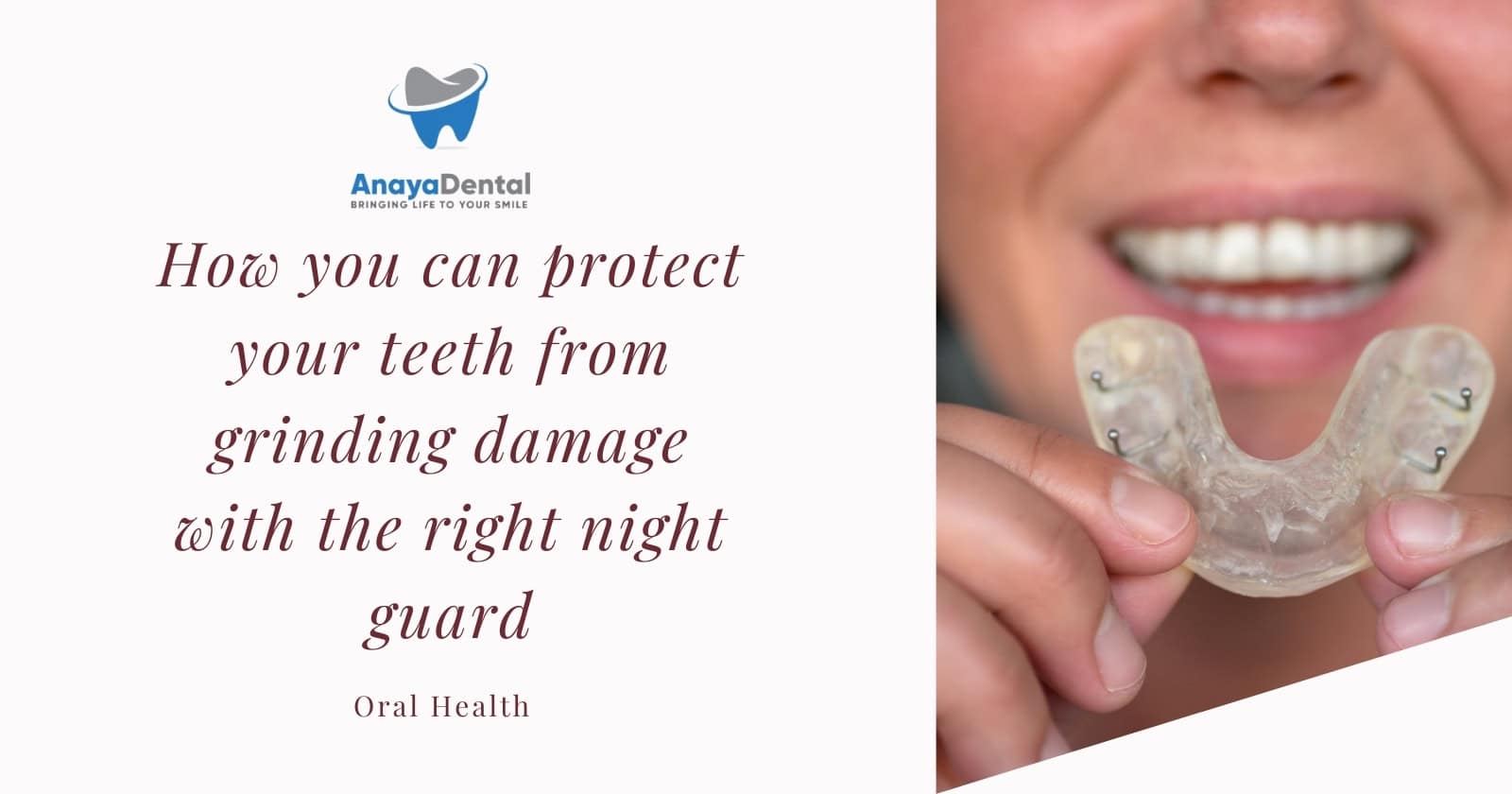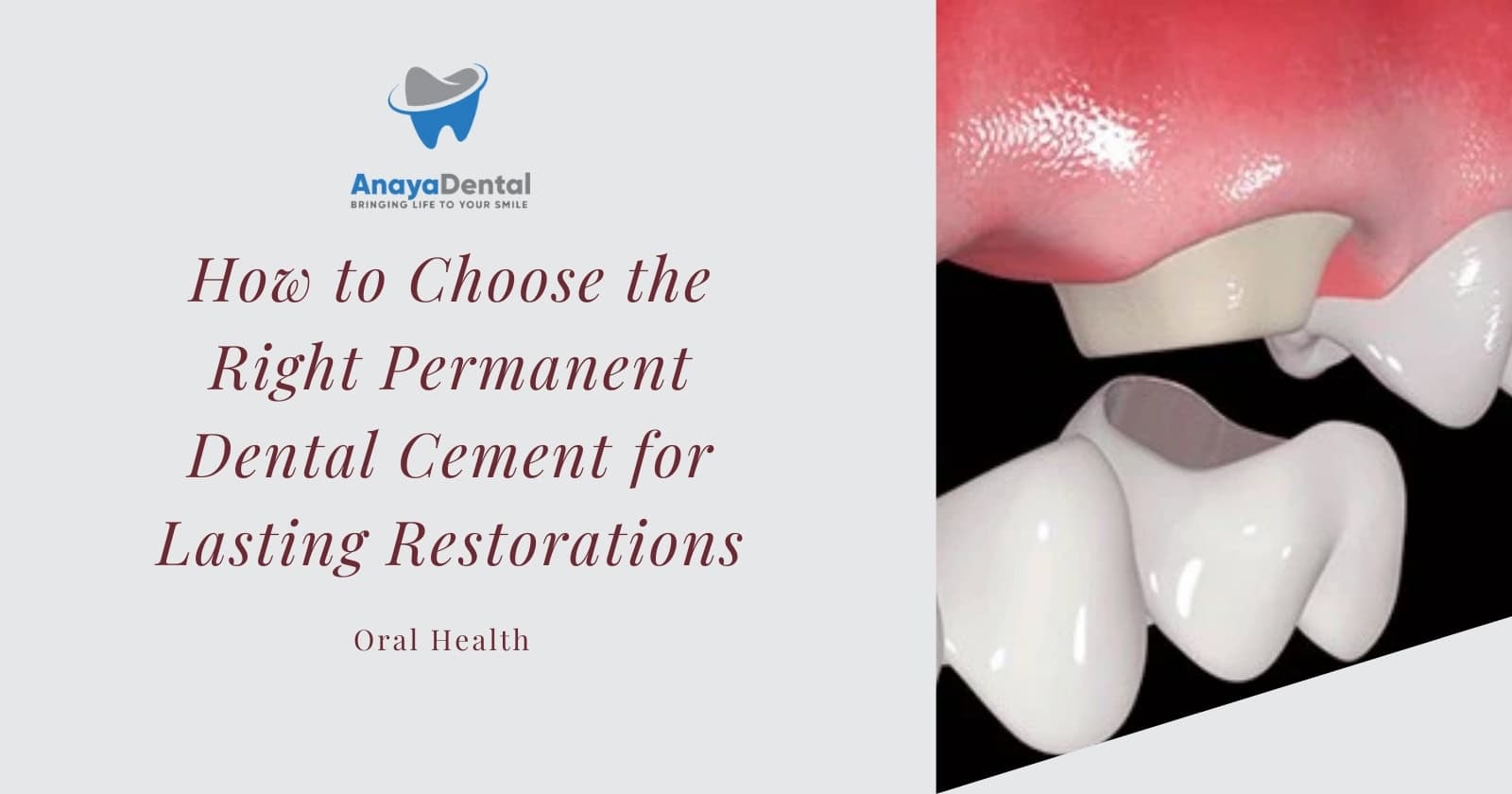With the natural health trend rising, you might be wondering about the effectiveness of coconut oil in whitening your teeth. Many people are curious to know if this popular oil can truly help brighten your smile and result in a healthier mouth. In this post, we will explore the science behind coconut oil, its potential benefits for oral health, and whether it truly has the whitening effect you desire. Let’s research into the details and find out if coconut oil is a viable option for enhancing your dental aesthetics.
Understanding Coconut Oil
Before you explore the potential benefits of coconut oil for teeth whitening, it’s imperative to understand what coconut oil is and where it comes from. Extracted from the meat of mature coconuts, this oil is well-known for its various health benefits and culinary uses. Its unique composition facilitates a range of applications in personal care, including oral health, making it a popular choice among natural remedies.
Composition and Properties
After examining its appealing characteristics, you may wonder how coconut oil is beneficial for oral care. Coconut oil is primarily composed of saturated fats, particularly medium-chain triglycerides, which include lauric acid. These components give coconut oil its antimicrobial properties, allowing it to combat harmful bacteria in your mouth and support your overall dental hygiene.
Try Our Dental Calculators
Historical Use in Oral Care
After understanding its properties, it is helpful to look back at how coconut oil has been used in oral care historically. For centuries, cultures around the world have embraced oil pulling—a traditional practice involving swishing oil in the mouth—as a method for maintaining oral hygiene. Coconut oil, in particular, became a preferred choice due to its pleasant taste and effectiveness in reducing plaque and freshening breath.
It is noteworthy that oil pulling with coconut oil has its roots in ancient Ayurvedic practices, where it was believed to detoxify the body and promote overall health. Many people swish the oil for about 15-20 minutes daily, claiming it helps prevent cavities and gum disease while providing a natural way to whiten teeth. These historical usages emphasize the long-standing belief in coconut oil’s benefits for oral care, prompting modern enthusiasts to incorporate it into their dental routines.
The Science Behind Teeth Whitening
You may be curious about how teeth whitening actually works at a molecular level. Teeth whitening typically involves the use of chemical agents that penetrate the enamel and dentin layers of your teeth, breaking down stains and discoloration. This process can restore the natural brightness of your smile, allowing for a more aesthetically pleasing appearance. Understanding these mechanisms can help you make informed choices about the whitening products and methods available to you.
Mechanisms of Whitening Agents
To effectively whiten your teeth, commercial whitening agents often contain carbamide peroxide or hydrogen peroxide. These compounds release oxygen molecules that break down stubborn stains by altering their chemical structure. This reaction not only affects surface stains but can also reach deeper layers of your teeth, delivering a more comprehensive whitening effect. Being aware of how these agents work allows you to choose the right products for your needs.
Efficacy of Natural Remedies
After exploring traditional whitening methods, you might wonder about the effectiveness of natural remedies, like coconut oil. While some people claim that natural alternatives can achieve similar results, the scientific evidence supporting their efficacy is limited. It’s important to evaluate the reliability of these methods before relying on them as a primary whitening solution.
For instance, coconut oil pulling has gained popularity as a natural method for maintaining oral health and potentially whitening teeth. However, studies indicate that while it may help reduce plaque and improve gum health, its whitening results are typically minimal compared to traditional whitening agents. This means that if you’re seeking noticeable results, you may need to combine such remedies with proven whitening products for optimal effectiveness.
Research on Coconut Oil and Teeth Whitening
While coconut oil has gained popularity for its potential health benefits, research specifically focusing on its effectiveness in teeth whitening is limited. Preliminary studies suggest that its anti-inflammatory and antibacterial properties may contribute to oral health improvements, yet substantial evidence supporting its ability to whiten teeth is still lacking. More clinical trials and comprehensive studies are necessary to better understand how coconut oil may affect tooth discoloration and overall dental hygiene.
Clinical Studies and Findings
Whitening agents in various studies have included coconut oil, with some researchers exploring its efficacy in comparison with standard whitening treatments. Initial findings indicate that while coconut oil may help reduce plaque and improve gum health, its direct impact on teeth whitening remains inconclusive. Future research is needed to clarify its effectiveness as a standalone solution for whitening teeth.
User Experiences and Anecdotal Evidence
Experiences shared by users of coconut oil for teeth whitening vary significantly. Many individuals report achieving a brighter smile after consistent use as part of their oral care routine, citing improved dental health and reduced sensitivity. However, it’s vital to approach these anecdotes with a critical eye, as individual results can differ based on several factors, including diet, oral hygiene practices, and natural tooth color.
Further exploration of user experiences shows that many people appreciate coconut oil for its natural properties and ease of use. Some individuals incorporate oil pulling into their daily routines as a holistic approach to oral hygiene, which they believe contributes not only to teeth whitening but also to fresher breath and healthier gums. While these personal testimonials can be compelling, it’s vital to combine anecdotal evidence with scientific research to form a well-rounded understanding of coconut oil’s true effects on teeth whitening.
Risks and Considerations
Despite the popularity of coconut oil for oral care, there are several risks and considerations to keep in mind. You need to be mindful of your overall dental hygiene routine, as relying solely on coconut oil may not provide the comprehensive care your teeth and gums require. Additionally, excessive use could lead to unwanted effects, including changes in dental enamel or increased sensitivity. Always consult with your dentist to ensure that incorporating coconut oil aligns with your oral health goals.
Potential Side Effects
To effectively weigh the potential side effects of using coconut oil for teeth whitening, it’s necessary to consider your individual dental health. Some people may experience adverse reactions such as gum irritation or taste alteration. These side effects can vary based on pre-existing conditions or oral sensitivities. Keeping track of any changes and discussing them with your dental professional is advisable following the introduction of coconut oil into your routine.
Best Practices for Use
Above all, if you opt to use coconut oil for teeth whitening, approach it mindfully. Start with small amounts, and don’t exceed recommended usage to prevent gum irritation. Combine coconut oil pulling with regular tooth brushing and flossing to maintain optimal oral hygiene and prevent plaque buildup. Pay attention to how your mouth feels after use, and discontinue if you experience any discomfort.
Risks associated with coconut oil pulling include potential interference with dental treatments, so consult your dentist if you have crowns, bridges, or other dental work. If you’re new to using coconut oil, try an initial 5-10 minutes of swishing, gradually increasing the duration. Avoid swallowing the oil, as it can contain toxins and bacteria. Finally, maintain regular check-ups to monitor your dental health and address any concerns that may arise from your new regimen.
Alternative Natural Teeth Whitening Methods
Your search for a brighter smile can lead you to various natural teeth whitening methods. Incorporating options like baking soda and activated charcoal into your dental care routine can help in achieving the desired results while avoiding harsh chemicals. These methods are often easy to use and can be done at home, allowing you to take control of your dental aesthetics naturally.
Baking Soda
Above all, baking soda is renowned for its mild abrasive properties, making it an excellent option for removing surface stains from your teeth. By mixing a small amount of baking soda with water, you can create a paste that can effectively clean your teeth while gently polishing away discoloration.
Activated Charcoal
Among the trending natural whitening methods, activated charcoal has gained significant popularity due to its purported ability to absorb toxins and stains from your teeth. When applied in a paste form, it can adhere to surface stains, pulling them away as you brush.
Even though activated charcoal can be an effective option for whitening, it’s crucial to use it sparingly. Overuse can lead to enamel erosion, which can cause sensitivity and other dental issues. Always consult with your dentist before starting any new whitening regimen to ensure it’s suitable for your dental health.
Expert Opinions
To understand the effectiveness of coconut oil for teeth whitening, you can explore various expert opinions. Dental professionals and holistic health experts provide insights that vary in perspective, which can help you form your own conclusion on whether incorporating coconut oil into your oral care routine is beneficial.
Dental Professionals’ Views
Below, dental professionals generally agree that while coconut oil may have some antibacterial properties that can benefit oral health, it lacks strong evidence as a teeth whitening agent. They emphasize the importance of regular dental hygiene practices such as brushing and flossing, suggesting that coconut oil should not replace traditional treatments for achieving whiter teeth.
Holistic Health Perspectives
With a growing interest in natural remedies, holistic health advocates often highlight the benefits of coconut oil for oral care. They suggest that its antimicrobial properties can enhance overall dental health, potentially leading to a healthier appearance of your teeth, even if the whitening effect may be subtle.
Another point made by holistic health practitioners is that using coconut oil as part of an oil pulling routine could support overall dental health by removing toxins and bacteria from your mouth. This process might contribute to a brighter smile, but they advise pairing it with conventional oral hygiene practices for the best results. By integrating coconut oil into a comprehensive oral care regimen, you may experience benefits beyond just whitening, such as improved gums and fresher breath.
Final Words
Following this, it’s crucial to note that while coconut oil may help reduce bacteria and plaque buildup, it is not a guaranteed method for whitening your teeth. You might see some improvements in oral hygiene, but for significant whitening, you should consider professional treatments or dental products specifically designed for this purpose. Maintaining good dental hygiene, including regular brushing and flossing, along with routine dental check-ups, will ultimately contribute more effectively to a brighter smile.
